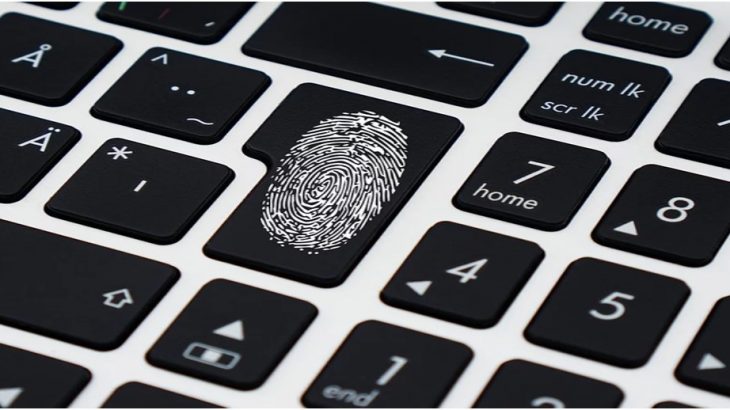Cyber threats are now as real and as fearsome for the healthcare industry as they are for any other business, if not more so. From electronic health records (EHR) to automated patient care, technology is involved intricately with modern medical services, so a hacked database can lead to catastrophic results for healthcare facilities, as well as for their patients. Given that it can at times quite literally be a matter of life and death, it’s imperative for us to look for methods that can mitigate this threat, by boosting cybersecurity in healthcare facilities and medical practices.
Health Facilities Need to Take Basic Cyber Protection Measures More Seriously
It’s almost ironic how many healthcare facilities get hacked, simply because they didn’t even take the most basic precautions such as:
- Mandatory usage of strong passwords
- Mandatory changing of passwords periodically
- Using an enterprise-grade anti-malware solution
- Mandatory separation of personal electronics and hospital electronics
- Using a separate, secured, encrypted network with limited internet access
This lack of dedication to protecting sensitive data and control from falling into the hands of cybercriminals is on account of two primary problems.
- Ignorance: Most healthcare workers are not technically aware enough to know the dangers of the internet in full detail
- Misconceptions: Even management often believes that hackers will not take too much interest in healthcare!
ManagedITServices for Medical Practices
Now, it is neither fair nor practical to expect doctors, nurses, and other medical staff to be able to successfully repel a major cyberattack, just as it is not practical to employ a white hat hacker for performing heart surgery! The point is that healthcare at its core is a completely different field from coding altogether, so the duty of managing and ensuring cybersecurity within a facility should be left to IT security experts.
Managed IT services for medical practices is not just about cybersecurity only, but it’s definitely the priority for sure. It takes the load off the management’s mind to know that they are now constantly protected against any and all cyber threats in real-time. However, that’s just one of the many perks here. A good IT management service will help their clients to grow and evolve safely with changing times on all fronts.
Cyber Security Training
There are two keys to effective cybersecurity training in healthcare, and they can be classified as below.
- Advanced cybersecurity training for present IT employees
- Basic cybersecurity training for all employees
If a facility has its own IT management team, the first may not be necessary, but the last will most certainly play a key role in all scenarios. Everybody needs to know why you can’t plug a random USB drive into the main computer or why accessing sensitive business info from a personal phone is a bad idea!
A combination of basic precautions, proper training, and constant, intelligent IT management are essential for leading the healthcare industry towards the safer online territory. This is happening already, given that most major players in healthcare already have robust IT security teams in place. Unfortunately, it’s the smaller private practices and clinics that are left the most vulnerable today.






